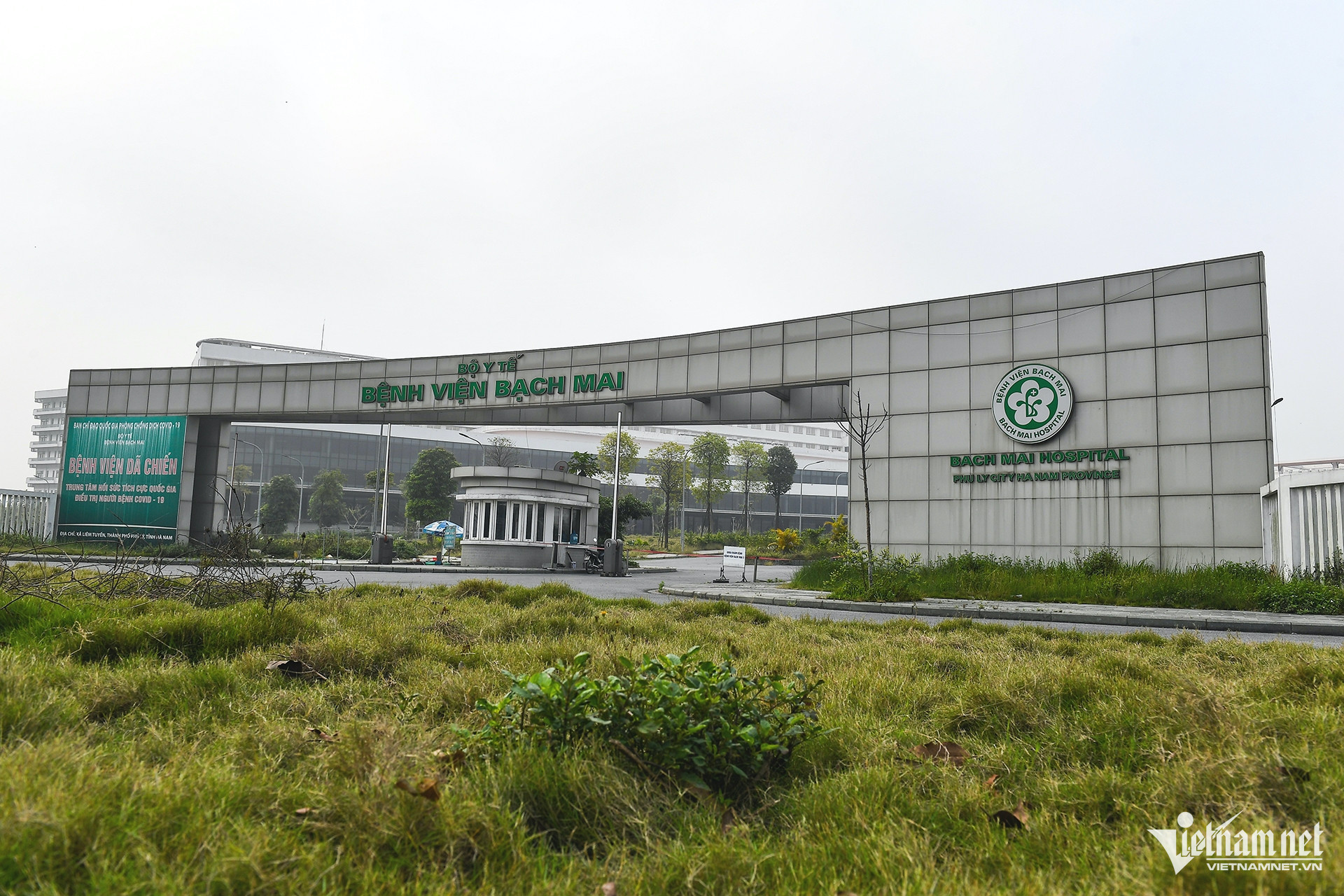
The Ministry of Construction will review long-delayed and wasteful projects, proposing timely and effective mechanisms and policies to address issues.
Notable projects include the second facilities of Bach Mai Hospital and Viet Duc Hospital, as well as anti-flooding initiatives in Ho Chi Minh City.
This initiative has been assigned to the Department of Economics and Construction Investment Management, which will collaborate with related units to prevent waste, unlock resources, and promote economic growth.
Addressing delayed projects
The department is tasked with updating and supplementing information and reports as required by Prime Minister’s Directive 112, dated November 6, 2024, which focuses on resolving lingering, stalled projects and completing them promptly to avoid waste and loss.
Previously, Directive 112 pointed out numerous projects that had been neglected or halted for extended periods, including the Can Tho Oncology Hospital, the second facility of Bach Mai Hospital, the second facility of Viet Duc Hospital, Ho Chi Minh City's anti-flooding project, and the Vicem Operations and Trading Center.
To combat waste, the Ministry of Construction plans to revise administrative procedures that are overly complicated and cause bottlenecks, aiming to reduce compliance costs for citizens and businesses.
Additionally, decentralization and delegation will be enhanced alongside increased supervision to minimize intermediate steps and end prolonged administrative processing through multiple agencies.
Strict adherence to transparent and public administrative procedures will be enforced, with all documentation and outcomes digitized in accordance with regulations.
Digital transformation to enhance management
The ministry also emphasized the importance of smart management applications and digital transformation to improve state management efficiency.
Enhancing data transparency and reducing waste and losses in the use of state resources are key priorities.
Efforts are being made to integrate digital technology, artificial intelligence, and big data into management and supervision processes.
The goal is to standardize digital infrastructure and establish interconnected data systems across agencies, avoiding fragmented and inconsistent data management.
The Ministry of Construction also highlighted the need for strict monitoring mechanisms across levels to prevent group interests and concealment of violations, which could compromise the efficiency of state management.
Inspection and auditing agencies must work closely together, promptly intervening upon detecting signs of violations to prevent prolonged issues that cause public discontent.
Hong Khanh